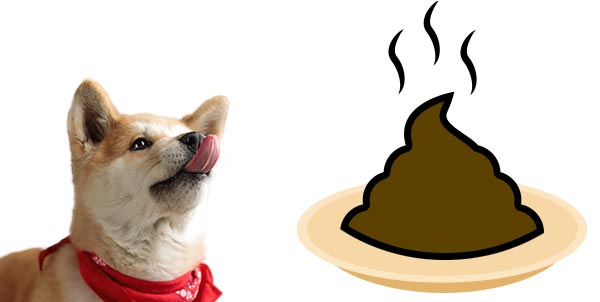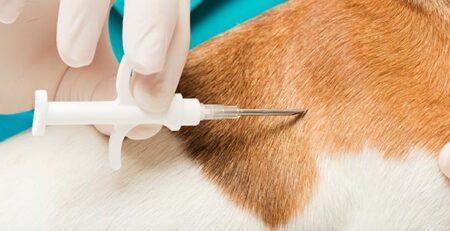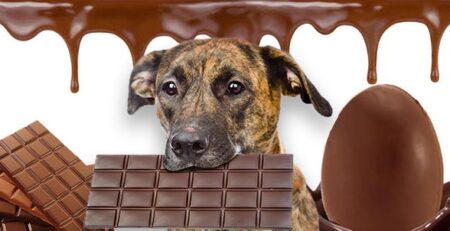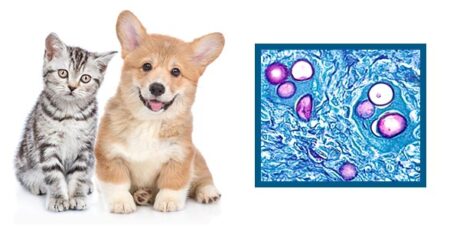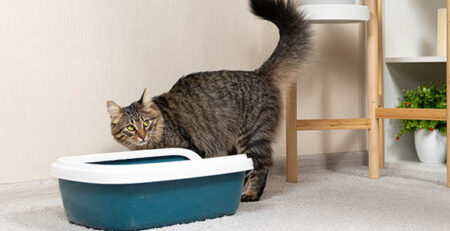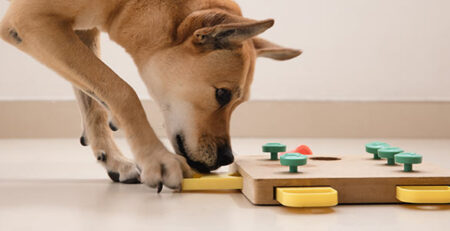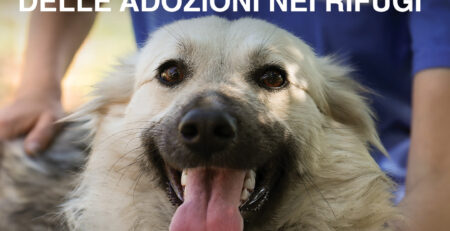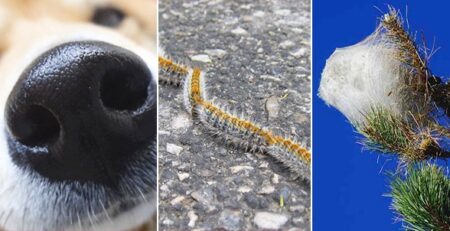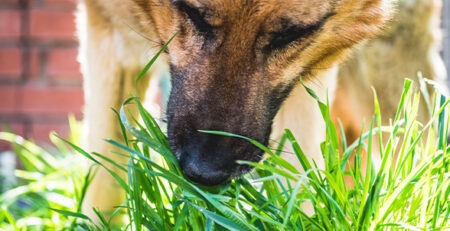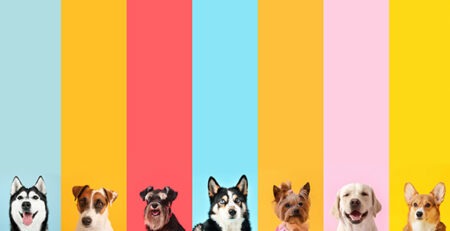Table of Contents
Coprophagia i.e. when the dog eats its own feces or feces of other animals: why does it do it? This could be a symptom of discomfort.
There are many reasons why dogs engage in coprophagy, that is, ingesting their own or other animals’ feces.
If you think coprophagy is spite, yours is a reductive and misleading consideration: dogs do not spite but they do manifest discomfort.
In fact, this behavior is often the consequence of inappropriate environmental and relational conditions in which the dog finds itself.
Did you know that there are different kinds of coprophagy?
Based on the feces that the dog ingests, coprophagia can be classified into three types:
– Self coprophagy when the dog eats its own excrement
– Intraspecific coprophagy when the dog eats the feces of another dog
– interspecific coprophagy when instead the swallowed feces are from an animal of a different species (cat, rabbit, horse)
Do you know how many and what are the causes of coprophagia?
In very rare cases, fecal ingestion can be traced to:
– Dietary deficiencies, which occur when the dog requires a balanced diet.
– a clinical and pathological problem, such as impaired pancreatic function, intestinal infection, malabsorption syndrome.
In such situations, coprophagia is accompanied by diarrhea: you should see your veterinarian to have your dog undergo the necessary specific tests.
The most common cause, however, is behavioral.
Except in cases where the dog eats the feces of other animals because there are residues in them that are not fully digested and are particularly palatable, coprophagy is the manifestation of
discomfort:
stress, anxiety or boredom.
Where does the discomfort that causes coprophagia come from?
It is some oversights or mistakes made repeatedly by the owners of coprophagous dogs themselves that promote or induce the disease:
- Incorrect educational process: the dog turns out to be exasperated, afraid of fouling in an inappropriate place, and tries not to have its needs found in the house for fear of provoking reactions from its owner
- Poor attention: the dog uses this method to draw the attention of its “distracted” and inattentive owner
- deprivation, i.e., lack of stimulation: occurs as a result of social isolation or deprivation of experiences. Boredom and apathy induce the dog to eat its own feces.
This behavior is often found in dogs that have spent long periods in kennels, or have lived in cramped quarters and confined places.
Are there appropriate therapies to limit or eliminate coprophagia episodes?
Seek the advice of a veterinary doctor or a dog behavior consultant experienced in animal behavior.
The analysis performed by the specialist will establish the underlying causes of coprophagia, and only then can you take the appropriate corrective action that will be prescribed.
If the origin of the act is boredom or a deprivation of experiences, the “cure” is to increase activities of and with the dog.
The therapy to be adopted is based on alleviating anxiety and modifying the owner’s behaviors so that a proper and balanced relationship can be established with the dog.
From walking, to running, to playing, it is essential to provide the dog with those alternatives that will satisfy him and promote his mental and physical balance.
Absolutely avoid punishment and scolding-they only add to your dog’s sense of frustration.
Are there cases in which coprophagy is physiological and not pathological?
Coprophagy is physiological under certain circumstances: an example is females that have given birth and eat the feces of the pups for the purpose of keeping the den clean.
The pup, in turn, learns this attitude by observing its mother and imitates her.
It is a behavior that tends to disappear altogether with age.
It can happen to dogs in the wild and in the wild to skip meals even for several days.
Unfortunately, there are also dogs left to their own devices or unable to obtain food who, in order to eat something, go so far as to feed on their own or other animals’ excrement.
In these cases, dogs “recycle” undigested food residues in feces.
Why do coprophagous dogs prefer cat droppings?
Dogs are especially attracted to cat droppings.
This happens because the cat eats tastier food than the dog, which, thanks to its overpowering sense of smell, can pick it up even in droppings.
If cats and dogs live together in the house, move the litter box to a place accessible only to felines.
What risks do dogs who ingest the feces of other animals face?
In the long run, eating the feces of other animals can lead to ingesting harmful parasites or contracting viral diseases.
To avoid these unpleasant consequences and if coprophagy proves to be a hard habit to break, have your dog wear a muzzle during walks.
Also, arrange for him to have his stool checked periodically.
At La Veterinaria Clinic, our staff physicians are always available to you for routine examinations and periodic checkups you need to have your dog undergo.
We would also like to remind you that Clinica La Veterinaria is always open h24 every day including holidays and with First Aid service from 8 pm to 8 am.
For the joy of seeing them HAPPY.

